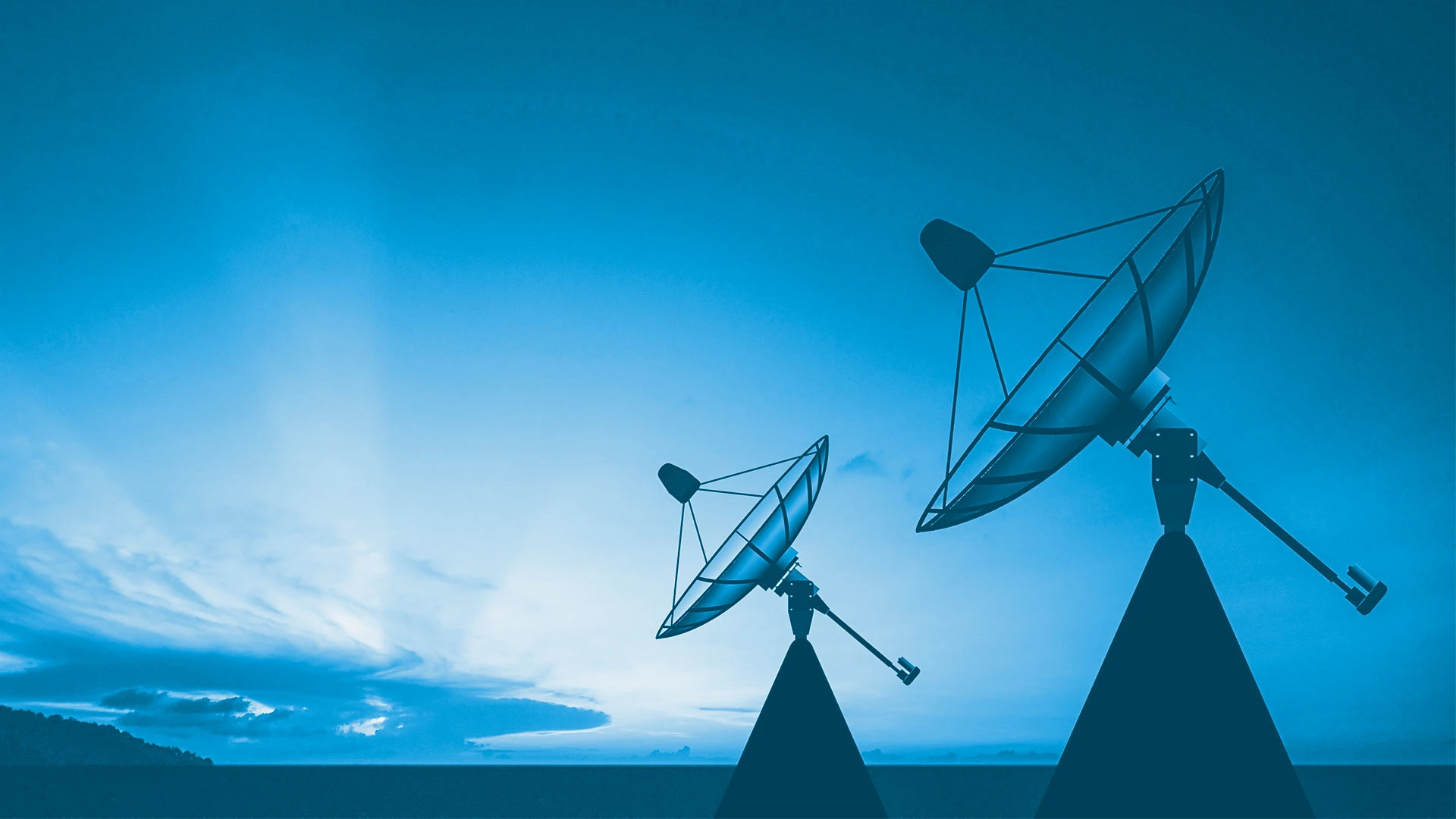
"This morning, AT&T and EchoStar announced "a definitive agreement" that will see AT&T purchase wireless spectrum licenses from EchoStar. The deal will see AT&T pay EchoStar $23 billion in cash. In return, AT&T will acquire approximately 50 MHz of low-band and mid-band wireless spectrum. That spectrum haul includes approximately 30 MHz of nationwide 3.45 GHz mid-band spectrum and approximately 20 MHz of nationwide 600 MHz low-band spectrum, according to AT&T."
"EchoStar is the parent company that owns several satellite, wireless, and internet subsidiaries, including satellite television provider Dish Network, wireless carrier Boost Mobile, and streaming television service Sling TV. The $23 billion EchoStar is set to receive is more valuable than the company's market cap of just over $15 billion (as of yesterday). The sale of some of its wireless spectrum licenses to AT&T stands to benefit both companies tremendously, but for very different reasons."
"A wireless spectrum license is a license granted by a government or a government agency that gives companies the right to access certain bands of radio frequencies for wireless communication services, such as those needed to facilitate phone calls or mobile internet, according to the Summit Ridge Group. In the United States, the Federal Communications Commission (FCC) is in charge of doling out these licenses. If a company cannot obtain a license, it cannot offer its wireless communication services on regulated radio frequencies."
AT&T agreed to pay EchoStar $23 billion in cash to acquire roughly 50 MHz of low-band and mid-band wireless spectrum, including about 30 MHz of 3.45 GHz mid-band and 20 MHz of 600 MHz low-band. The cash payment exceeds EchoStar's prior market capitalization of just over $15 billion. EchoStar owns Dish Network, Boost Mobile, and Sling TV. The transaction supplies AT&T with additional nationwide spectrum to support wireless services and provides EchoStar with significant liquidity. Shareholder reaction pushed EchoStar (SATS) shares up more than 80% intraday. The Federal Communications Commission oversees spectrum licensing in the U.S.
Read at Fast Company
Unable to calculate read time
Collection
[
|
...
]